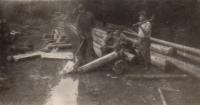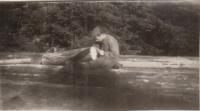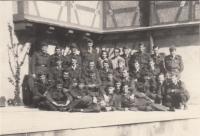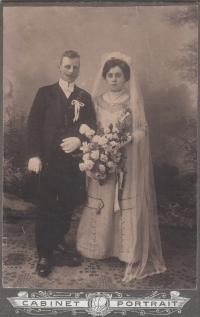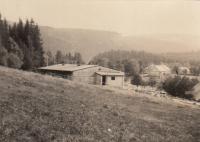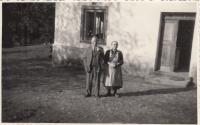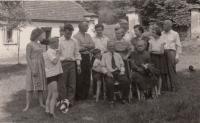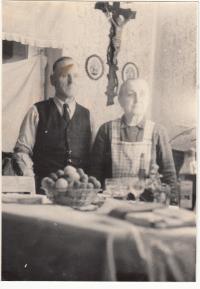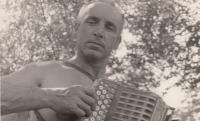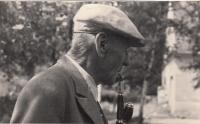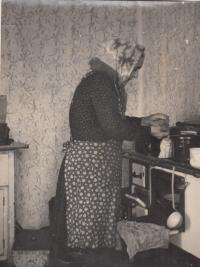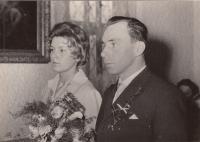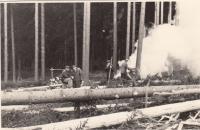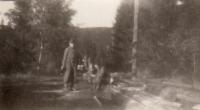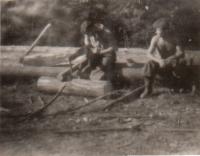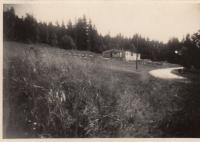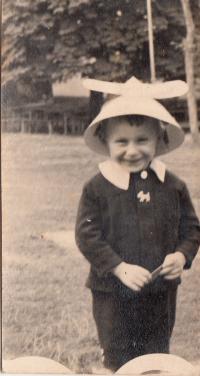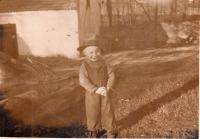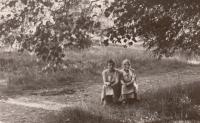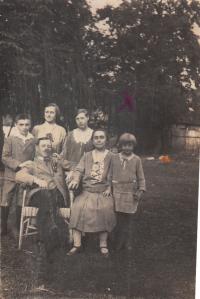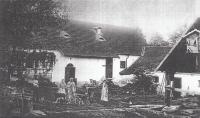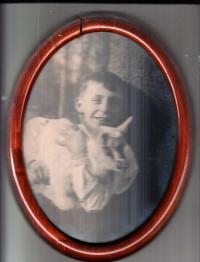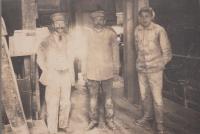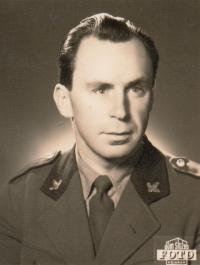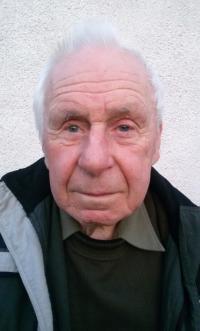The communists closed down the mill and we were glad that they did not chase us out

Stáhnout obrázek
Miloslav Havrlík was born on 10 August, 1932 in Lhotka near Lochovice in the region of Hořovice in the family, which owned a mill and fifteen hectares of land in the nearby Janov, at the river of Litavka. He had four siblings. During war the family lived under pressure made by agriculturists and the people, who purchased flour on the black market; on the other part the Nazis used to check on them too threatening by persecutions. Shortly after the communist putsch in February 1948 the mill had to close down and the brother was threatened by punishment for not reporting construction material for renewal of the mill. Due to political reasons the witness did not get to much-desired School of Forestry in Písek and started as a forester in the Křivoklátsko region. In 1953, again due to political reasons, and also due to birth defect he was sent to serve at the Technical troops in the Southern Bohemia in Rokyta, where he worked mainly in the forest. In 1955-1959 he studied distantly the Secondary School of Forestry in Písek. Until retirement he worked as a forester in Křivoklát, Příbram and Rožmitál. In 1964 he started a family. His nephew lives in the family mill of Janov.
